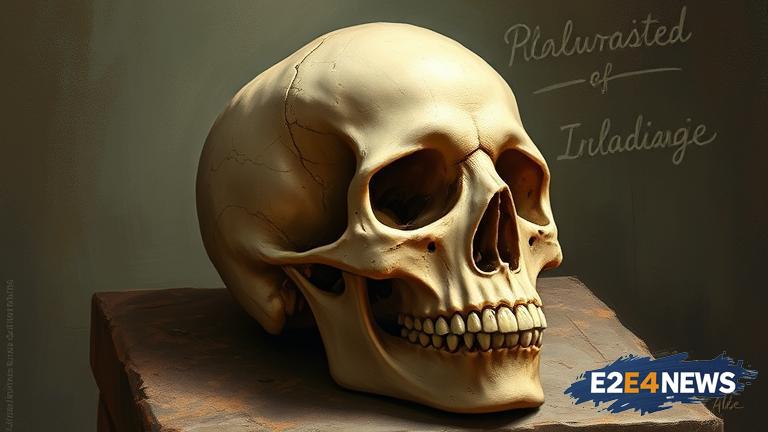The return of the skull of King Andrianampoinimerina’s descendant, King Andafiavaratra, marks a significant step towards reconciliation between France and Madagascar. The skull was taken by French colonial forces as a trophy after the king’s execution in 1896. For over a century, the skull was kept in a French museum, serving as a painful reminder of the country’s colonial past. The return of the skull is seen as a gesture of goodwill by the French government, acknowledging the historical injustices perpetrated against the Malagasy people. The ceremony, which took place in the Madagascar capital of Antananarivo, was attended by high-ranking officials from both countries. The French ambassador to Madagascar, Laurent Garrigues, handed over the skull to the Malagasy authorities, expressing his country’s deep regret for the past injustices. The Malagasy government has welcomed the move, seeing it as a step towards healing the wounds of the past. The return of the skull is also seen as a significant cultural and historical event, allowing the Malagasy people to reclaim their heritage and honor their ancestors. The king’s skull will be reburied in a traditional ceremony, according to Malagasy customs. The event has sparked widespread interest and debate in both France and Madagascar, with many seeing it as a long-overdue acknowledgment of the colonial era’s brutal legacy. The French government has been under pressure to confront its colonial past and make amends for the historical injustices perpetrated against its former colonies. The return of the skull is part of a broader effort by France to come to terms with its colonial legacy and rebuild its relationships with its former colonies. Madagascar gained independence from France in 1960, but the legacy of colonialism continues to be felt in the country. The return of the skull is seen as a significant step towards reconciliation and healing, allowing both countries to move forward and build a more positive relationship. The event has also sparked interest in the history of Madagascar and its complex relationship with France. Many historians and scholars have welcomed the move, seeing it as an opportunity to reexamine the colonial era and its ongoing impact on contemporary society. The return of the skull has also raised questions about the repatriation of cultural artifacts and the responsibility of former colonial powers to acknowledge and make amends for their past actions. As France and Madagascar continue to navigate their complex history, the return of the skull serves as a powerful symbol of the ongoing efforts towards reconciliation and healing. The event has been widely covered in the media, with many outlets highlighting the significance of the return of the skull and its importance for the people of Madagascar. The French government has been praised for its efforts to confront its colonial past and make amends for the historical injustices perpetrated against its former colonies. The return of the skull is a significant step towards a more positive and equitable relationship between France and Madagascar, and serves as a model for other former colonial powers to follow.





